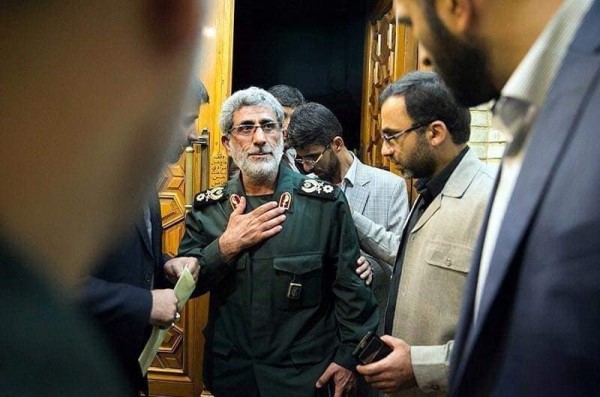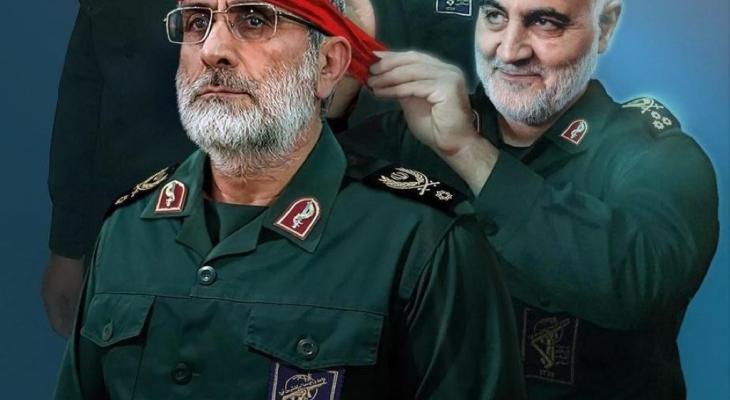In the past two months, tensions between Iran and the Popular Mobilization Forces escalated sharply, as the militia leader left Baghdad last week and returned to Mashhad to submit his resignation.
Causes of conflict?
The United States and Iran have been in talks since March this year over Iran's nuclear program and lifting sanctions on Iran, and one of the topics on the agenda is the issue of Iranian Shiite militias in Iraq.
The Iraqi Shiite militias fear that they will become a victim of the lifting of US economic sanctions on Iran and that Iran will turn its back on them after eight years, because the issue of the Iraqi Shiite militias is one of the most important issues in the negotiations between Iran and the United States.
In April, Abu Ali al-Askari, spokesman for Hezbollah and Rab'allah (God's Fellows) militias, indirectly expressed these threats, saying Hezbollah would not give up its mujahideen under any circumstances. He added that their lives, livelihoods, blood and victims are their responsibility and they will protect them.

Why did the Iranian general leave Baghdad?
Last week, Major General Haider Afghani, commander of the Popular Mobilization Forces, left Baghdad and returned to Mashhad, submitting his resignation to Esmail Qaani, the commander of the Quds Force of Iran's Islamic Revolutionary Guard Corps (IRGC).
According to a report published by the newspaper "Middle East Eye", the reason for the resignation and departure of Major General Haider Afghani is due to the fact that the leaders of the Popular Mobilization militia ignored his orders and made independent decisions.
The failure of Qaani's efforts
In just one month, Qaani visited Baghdad twice to control the leaders of the Popular Mobilization, and at the end of his meeting at the Shibl al-Zaidi farm, Qaani became angry and threatened the leaders of the Popular Mobilization.
He also instructed Hadi al-Amiri to persuade the leader of the Popular Mobilization militias not to create problems for the US-Iranian agreement, but al-Amiri's efforts were unsuccessful and the leaders of the Popular Mobilization called for his resignation from the leadership of the Popular Mobilization.
Qaani has therefore turned to Khamenei himself to control the militias and comply with the decision of the Quds Corps, otherwise they will stop supporting the PMF.

Elections and the nightmare of PMF?
With the Iraqi parliamentary elections approaching, the Popular Mobilization militias fear marginalization if Iran does not support them, because Kazemi told the Iranians that there is nothing more important than elections and organizing fair elections away from the pressure of militia weapons is the government's goal.
Any attempt by militias to interfere in the elections will be met with a strong response regardless of the outcome, so Iran must prevent the PMF groups from interfering in the elections.